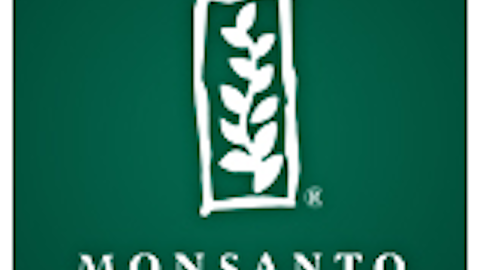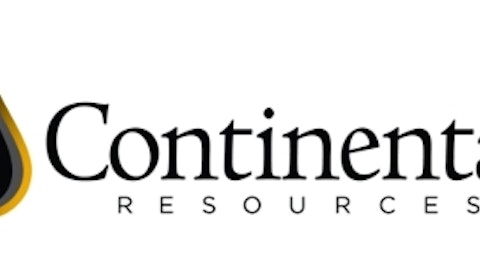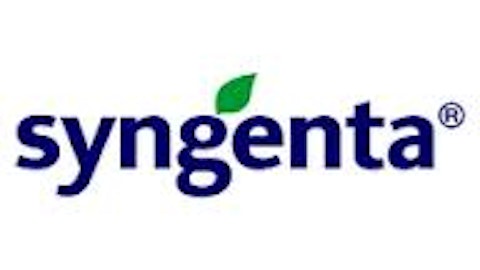While Africa has long been intransigent in its stance against introducing genetically modified crops, cracks are forming in the opposition, and the world’s leading biotechs — E I Du Pont De Nemours And Co (NYSE:DD), Monsanto Company (NYSE:MON), and Syngenta AG (ADR) (NYSE:SYT) among them — are poised to take advantage of the weakening stance and flood the market with seed, fertilizer, and pesticides. With Europe effectively closed off to GM crops, the seed and chemical giants are looking to Africa to be their next growth market.
To pave the way for choking off conventional seed stock and replace it with GM seeds, an African agricultural organization issued a report last week saying opposition in Africa to GM crops is a “farce” based on a “fear of the unknown.” Backed by the former head of the United Nations, Kofi Annan, and the Bill and Melinda Gates Foundation, the Alliance for a Green Revolution in Africa, or AGRA, says GM crops have been closely studied for decades and are no riskier than conventional crops.
The report goes on to note that only four African countries have permitted fully commercialized GM crops — Burkina Faso, Egypt, South Africa, and Sudan — and of those four, South Africa accounts for 82% of the total.
That’s why E I Du Pont De Nemours And Co (NYSE:DD)’s acquisition of South Africa’s largest seed company, Pannar, was seen as an important conquest. It gives the chemicals company a large handhold over maize, one of the most important crops on the continent, three-quarters of which is already genetically modified. E I Du Pont De Nemours And Co (NYSE:DD), through its Pioneer Hi-Bred division, now has control over one of the largest collections of genetic resources for the crop.
AGRA says enabling environments for adopting GM crops are being put into place. Five countries are conducting field trials of biotech crops — the final step before adoption — while most others have signed on to conventions and protocols that set the stage for adopting the necessary policy and regulatory “frameworks.”
If Africa does succumb to the siren song of GM crops, control of the food chain will be taken from the hands of the family farmer and placed into those of the agri-giants. No longer will the traditional practices of seed saving from one year to the next be permitted, but farmers will be forced instead to buy new seed from DuPont or Monsanto Company (NYSE:MON) each year, or at the least pay royalties. We’ve seen that here in the U.S., where Monsanto Company (NYSE:MON) has successfully sued farmers because they bought seed from third parties and then tried to grow crops afterwards without rendering royalties to the biotech.






